Britain & Ireland
The Tudors continue to fascinate and some of their story is told here along with the other dynasty of the period the Stuarts. Alongside those resources are the podcasts on the ideas that transformed British society during that period and created a United Kingdom for the first time. The industrial revolution is explored through poetry as well as technology. Religious collapse, change and diversity are all themes explored in this section. Read more
Sort by:
Date (Newest first) | Title A-Z
Show:
All |
Articles |
Podcasts |
Multipage Articles
-
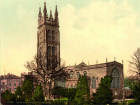
Out and About in ‘The most Loyal and Ancient City of Taunton’
ArticleClick to view -

Out and About: Tynemouth Priory
ArticleClick to view -

Out and About: exploring Black British history through headstones
ArticleClick to view -

Out and About: exploring Lancaster’s ‘glocal’ history online and on foot
ArticleClick to view -
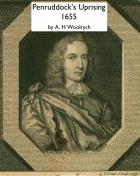
Penruddock's Rising 1655
ArticleClick to view -

Poetry of the Industrial Revolution in the West Midlands c.1730-1800
ArticleClick to view -

Popular revolt and the rise of early modern states
ArticleClick to view -
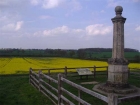
Presenting Naseby
ArticleClick to view -
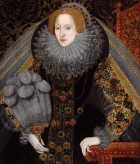
Private Lives of the Tudors
ArticleClick to view -
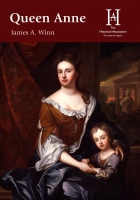
Queen Anne
ArticleClick to view -
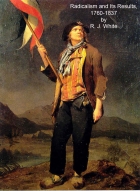
Radicalism and its Results, 1760-1837
ArticleClick to view -
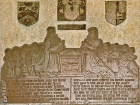
Real Lives: Alice Daye: mother of the English book trade
ArticleClick to view -

Recycling the Monastic building: The Dissolution in Southern England
ArticleClick to view -
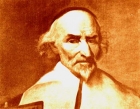
Regional Aspects of the Scottish Reformation
ArticleClick to view -
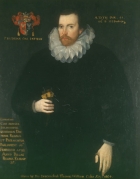
Reinventing the Charter: from Sir Edward Coke to 'freeborn John'
ArticleClick to view -
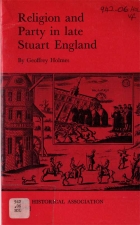
Religion and Party in Late Stuart England
ArticleClick to view -
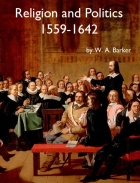
Religion and Politics 1559-1642
ArticleClick to view -

Religion and Science in the Eighteenth Century
ArticleClick to view -
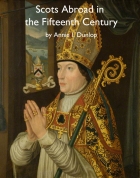
Scots Abroad in the Fifteenth Century
ArticleClick to view -
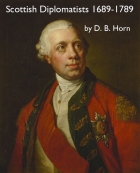
Scottish Diplomatists 1689-1789
ArticleClick to view

